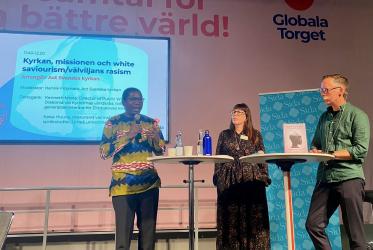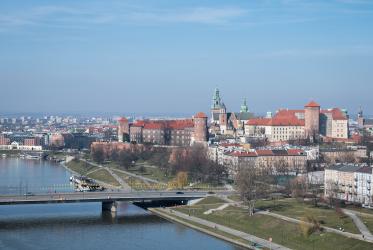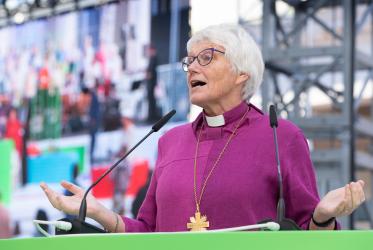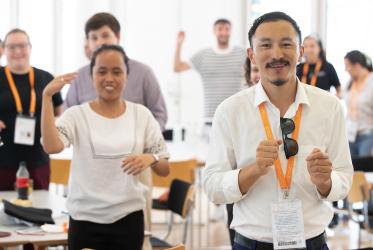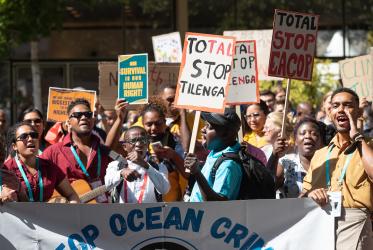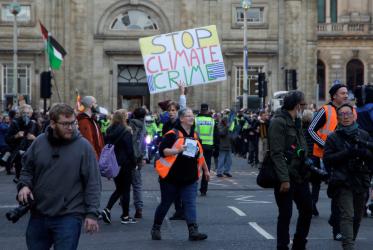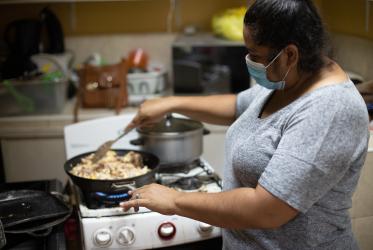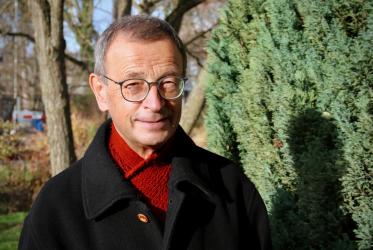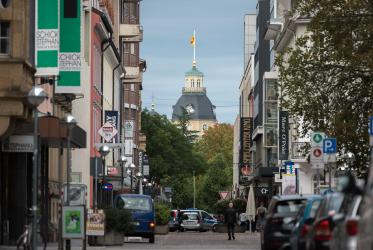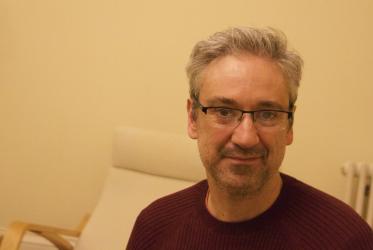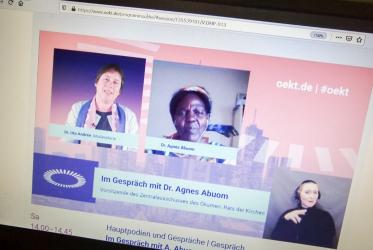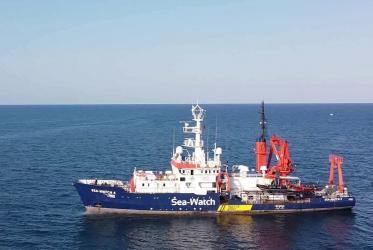Displaying 1 - 20 of 117
Reflections from GETI underscore friendship coupled with knowledge
13 September 2022
Dear future steward
08 September 2022
Multifaith advocacy for the climate: Not really much time left
04 September 2022
Brother Alois: Faith in Christ means strengthening unity
21 December 2021
WCC executive committee lights the way for WCC 11th Assembly
26 November 2021
Dr Abuom reflects on women of faith as healers of creation
05 October 2021
Meet Sea-Watch 4: vessel of hope, instrument of peace
12 August 2020
